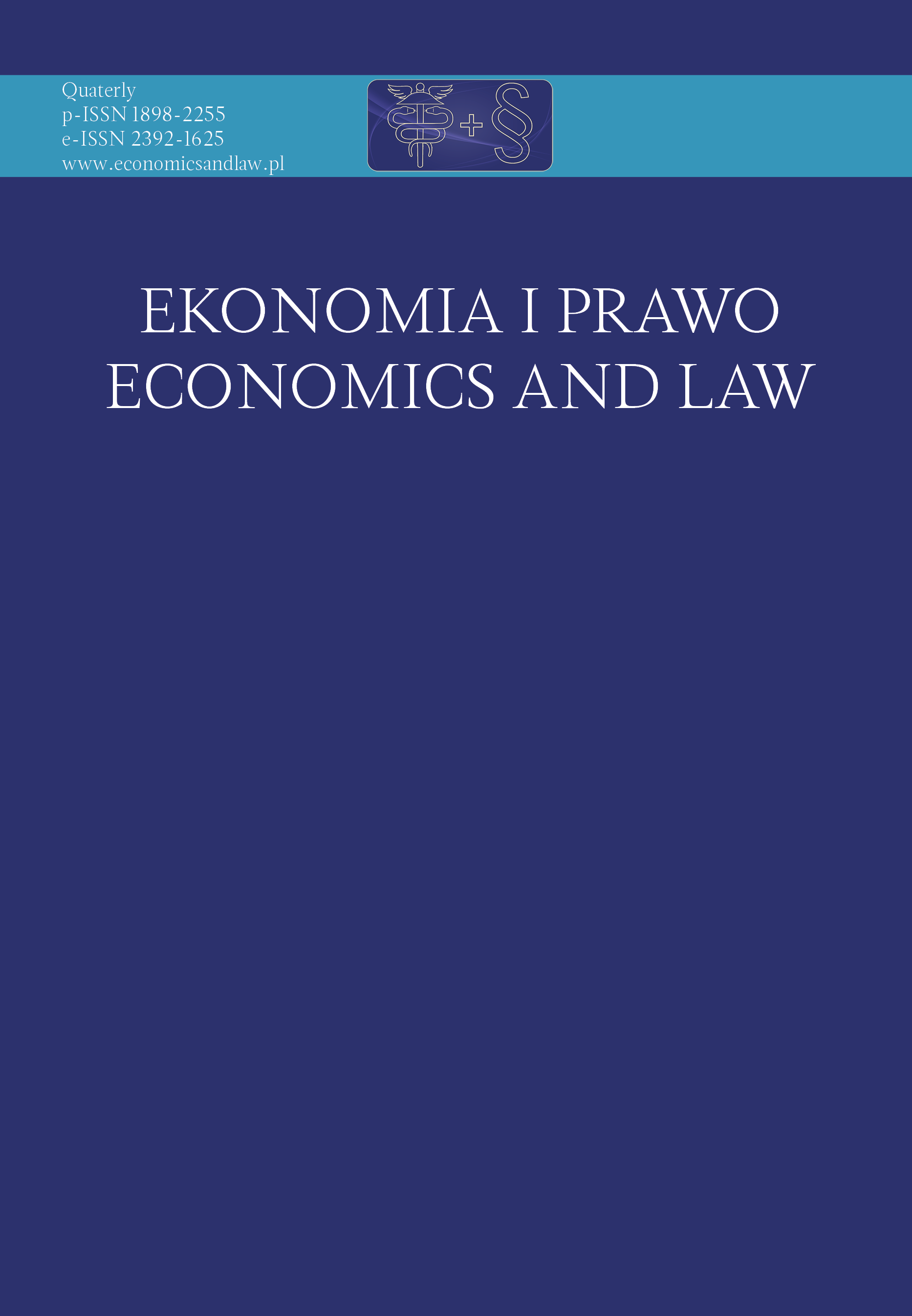The scope of fiscal decentralisation in EU countries: a comparative analysis
The scope of fiscal decentralisation in EU countries: a comparative analysis
Author(s): Alicja Sekuła, Karol FlisikowskiSubject(s): Fiscal Politics / Budgeting, EU-Legislation
Published by: Wydawnictwo Naukowe Uniwersytetu Mikołaja Kopernika
Keywords: decentralisation; public finances; public expenditure; European Union; fiscal decentralisation;
Summary/Abstract: Motivation: Decentralization is one of the main challenges in public sector reform. In democratic countries the level of decentralisation in individual countries is not identical. The varying scope of decentralization affects the quality, quick and efficient decision-making by public leaders.Aim: Comparison of the extent of fiscal decentralisation in EU Member States; creation of groups of states with similar levels of decentralisation; identification of characteristics of countries where the average level of decentralisation is similar.Results: As a result of the study 4 clusters were created. The first includes centralized countries (small area, small population, e.g. Malta, Cyprus). The level of decentralization is a little bit higher in federal states and most of the countries that joined the EU in 2004 or later (cluster 2, the most numerous). Larger and more numerous countries are characterized by a higher level of decentralization (cluster 3, e.g. Italy, Poland, France). Clusters 4th is composed of the Nordic countries, i.e. in countries where a welfare state model with an extensive public sector has been implemented. As a result, it was found that the level of decentralization is related to the size of the country, population and political system.
Journal: Ekonomia i Prawo. Economics and Law
- Issue Year: 23/2024
- Issue No: 2
- Page Range: 287-309
- Page Count: 23
- Language: English

